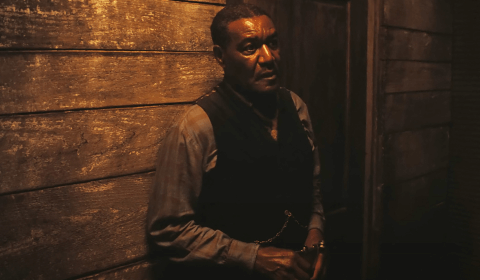A mega-strike involving writers and performers demanding better pay and increased safeguarding around AI rights is likely to grind to a halt the production of most movies and many popular television shows.
Swapping the red carpet for the picket lines, Hollywood actors are going on strike after negotiations between studio representatives and the Alliance of Motion Picture and Television Producers (AMPTP) and SAG-AFTRA (the Screen Actors Guild – American Federation of Television and Radio Artists) failed to make a breakthrough.
The decision to walk out means that for the first time in 63 years, both the SAG-AFTRA and WGA (the Writers Guild of America) unions are taking simultaneous action.
In short, Hollywood is effectively being shut down and will come to a near-standstill. With no scripts, and no performers to bring them to life, many studios will fall dark.
For films in production, the strike means a large portion of work will become impossible. Even in cases in which filming has already been completed, actors will be unavailable for re-shoots and other essential elements of the filmmaking process.

TV shows that are still being filmed will also largely have to stop, although in some cases side deals could be struck between performers and producers to allow work to continue.
Centred on demands relating to material made for streaming platforms and concerns over artificial intelligence, it comes as the industry grapples with how technology is changing the way movies and television shows are made – and watched.
Actors are seeking higher pay and safeguards against unauthorised use of their images through AI. This is because they deem their jobs especially vulnerable to new tech, with generative AI – namely deepfakes – able to replicate facial expressions, body movement, and voice with alarming accuracy.
They would like to see a guarantee that AI will not be used to replace the duties performed by actors, potentially rendering them obsolete.





















